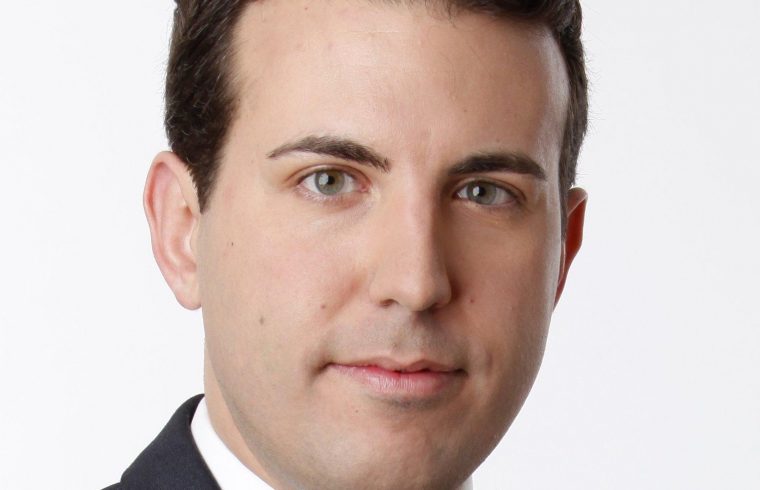CLINT, Texas — It was only meant to hold 106 migrants.
At one point, it held almost 700 children.
On Wednesday, Border Patrol officials gave reporters a tour of the agency’s operational station in Clint, Texas, for the first time. No cameras or phones were allowed inside. Reporters were not allowed to speak with any of the children. The agents showed us what they wanted us to see.
Still, it was the first inside look at the facility that has sparked international outrage over allegations of filthy conditions and “appalling” treatment of migrant children. Last week, lawyers who visited the station to ensure compliance with federal laws interviewed children and later spoke to the media about what they heard and witnessed. They told chilling stories of children who went without adequate food, showers or toothbrushes.
Border Patrol agents tell us those attorneys didn’t see the parts of the facility that we were shown. They only spoke with children in conference rooms. Before the start of the tour, one agent said, “We have to defend ourselves.”
The tour revealed a system that is overwhelmed. One can’t help but question how they managed to cram nearly 700 kids into this space.
The answer: they expanded the compound. Tents were erected. Those areas were off limits, they said, because they’re no longer in use.
Customs and Border Protection had said Tuesday that the number of unaccompanied children in its custody was down to 1,000 from 2,600 the previous week.
The average stay of a child at this station is now six to 10 days. The sick are hospitalized, but they technically remain in CBP custody. The longest a child has remained in custody in Clint is 30 days, according to the Border Patrol.
Reporters were led into a conference room for a background briefing, common in these types of tours. Officials said there’s been a 700 percent increase in border apprehensions so far this year. The children are always referred to as UACs — “unaccompanied alien children.” A total of 13,000 of them have been taken into CBP custody so far this year. Compare that to just 3,000 up to this point last year.
Aaron Hull, chief Border Patrol agent of the El Paso sector, said the area — which covers the border from the Arizona/New Mexico line to well into Texas — is spending about $61,000 daily for supplies for migrant kids. The Clint station alone is spending $4,000 a day. He said half his staff is devoted to the care of those in custody, not patrolling the border.
When asked about the allegations of mistreatment of kids, Hull replies, “It’s hurtful. We have agents risking their lives to enforce the rule of law.”
After the briefing, reporters were led down a hallway of offices to a cramped area that at one point must have resembled a break room. Now, it’s a holding area for food. There are commercial grade microwaves to help prepare meals for hundreds of kids at a time. We see variety packs of Nutri-grain bars, Quaker Oatmeal and soup. We see packets of Kool-Aid. A refrigerator holds frozen burritos for dinner.
Then, we see children held in nine cells in a central processing area. One cell contained boys and girls together; it was reserved for siblings. The others were held in separate cells by age and gender. One girl was quarantined alone in a cell because she had the flu, her eyes barely visible behind a face mask.
An older girl was walking back to her cell, apparently after using the phone. She was in tears. But there were no other visible signs of children in clear distress.
Border Patrol agents said the children are allowed to watch television and movies. A small flat-screen TV is positioned above each cell door.
Then we’re led into what used to be a sally port. Now, it’s packed with bunk beds. Some kids are playing soccer on the concrete floor. Each is allowed to take turns to use several portable toilets set up just outside.
There is a two-stall portable shower facility. We’re told the children are usually allowed to shower every two days, depending on capacity. When there are less kids, they’re able to shower every day.
Finally, we’re shown a supply closet holding items such as paper towels and gauze pads.
One agent makes sure we notice the toothbrushes.












